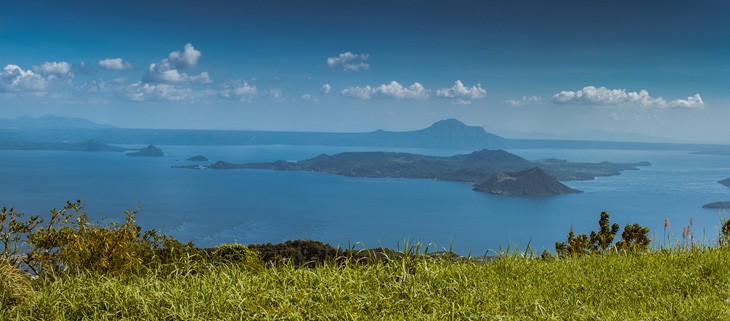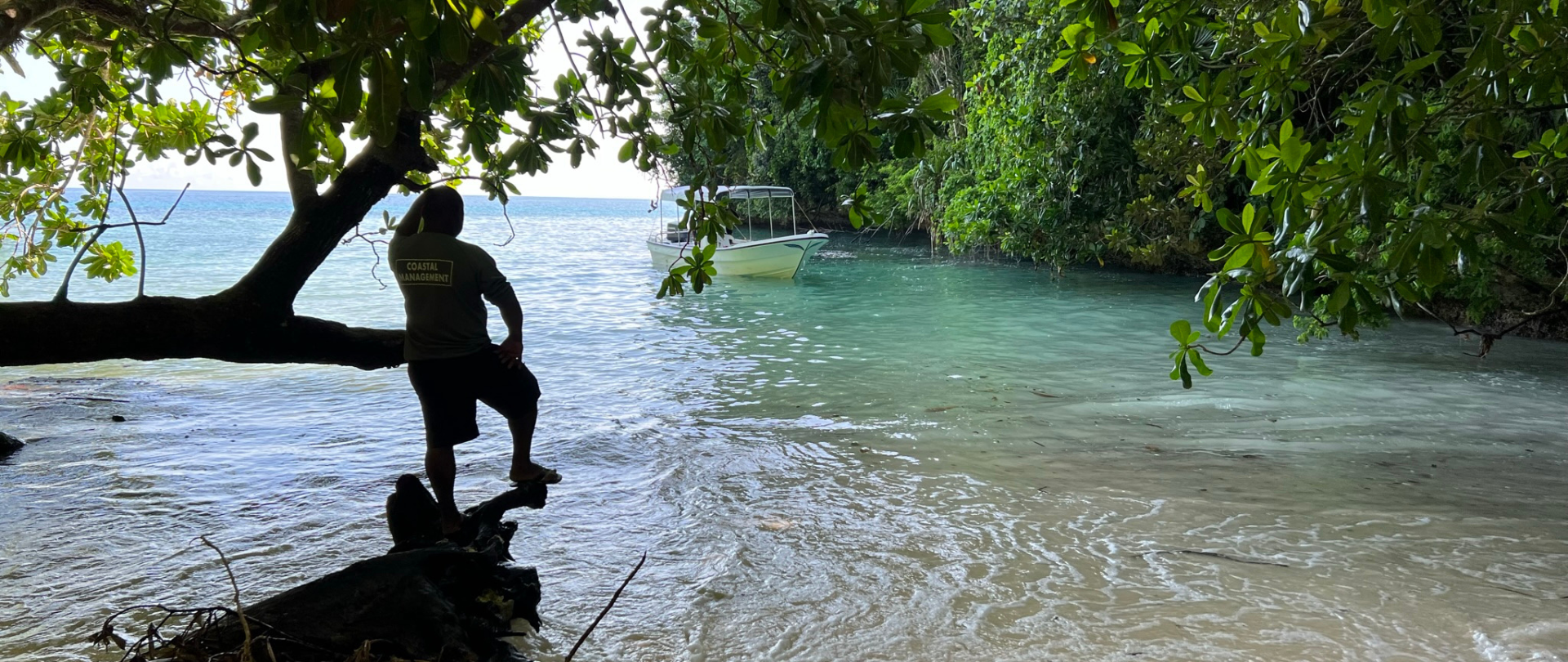October 29, 2025
Data Shows Endangered Palau Ground Doves Swiftly Recovering After Successful Palauan Island Conservation Effort
Astounding evidence of recovery on Ulong Island in Palau after just one year!
Published on
March 8, 2021
Written by
jade
Photo credit
jade

A team of researchers surveying Mount Pinatubo recently discovered a species of volcano mouse (Apomys sacobianus), previously thought to have been extinct. In 1991, an eruption of Mount Pinatubo in the Philippines’ Luzon Volcanic Arc was the largest volcanic eruption of the 20th century. Dormant for nearly 500 years prior to the eruption, Mt. Pinatubo was populated by old-growth forest that supported all kinds of life. However, the eruption resulted in the destruction of nearly all habitat on the island of Luzon, leaving scientists skeptical about the survival of native mammal fauna, including the volcano mouse.

The volcano mouse is endemic to Mt. Pinatubo, leading scientists believed the species of mice to be extinct after’s its sole habitat was destroyed. This belief was largely based on scientific evidence that indicates rare mammals as highly susceptible to extinction following significant ecological disturbance. However, findings recently published in the Philippine Journal of Science found that the volcano mouse, in addition to several other species, were able to survive the eruption. Eric Rickart, lead author and curator of vertebrates at the Natural History Museum in Utah, says the volcano mouse is thriving contrary to all expectations.

The Mount Pinatubo mouse is pretty unique in that it apparently is very highly adapted to disturbance and is thriving in the area, doing very, very well … that’s really contrary to everything we would expect from an animal that is — the term is endemic — restricted to a very small area, particularly on an island, a tropical island,” says Eric Rickart
Islands are ecologically unique and sensitive to disturbance due to their extreme isolation from other ecosystems. In many cases, disturbance such as a large volcanic eruption could result in the extinction of many species including the volcano mouse. This is especially true of islands where other factors are at play, already threatening native wildlife and leaving endemic or rare animals on the brink of extinction. By keeping island wildlife populations healthy, conservationists hope to increase the natural resiliency of native wildlife, ensuring species just like this Volcano mouse continue to thrive.
Featured Photo: View of the Lake Taal & Volcano, Philippines. Ray in Manila
Source: CBC Radio
Check out other journal entries we think you might be interested in.

October 29, 2025
Astounding evidence of recovery on Ulong Island in Palau after just one year!

May 19, 2025
Read our position paper on The 3rd United Nations Ocean Conference (UNOC 3) to see why we're attending and what we aim to accomplish!

December 4, 2024
Ann Singeo, founder of our partner organization the Ebiil Society, shares her vision for a thriving Palau and a flourishing world of indigenous science!

November 22, 2024
This historic agreement aims to protect the marine and coastal areas of the Southeast Pacific.

November 18, 2024
Our projects to restore key islets in Nukufetau Atoll forecast climate resilience and community benefits in Tuvalu!

October 3, 2024
Island Conservation and partners have published a new paper quantifying ecosystem resilience on restored islands!

September 10, 2024
Climate Week NYC: what is it and why is it important? Read on to find out why Island Conservation is attending this amazing event!

September 5, 2024
With sea levels on the rise, how are the coastlines of islands transforming? Read on to find out how dynamic islands really are!

December 14, 2023
Join us in celebrating the most amazing sights from around the world by checking out these fantastic conservation photos!

November 28, 2023
Rare will support the effort to restore island-ocean ecosystems by engaging the Coastal 500 network of local leaders in safeguarding biodiversity (Arlington, VA, USA) Today, international conservation organization Rare announced it has joined the Island-Ocean Connection Challenge (IOCC), a global effort to…